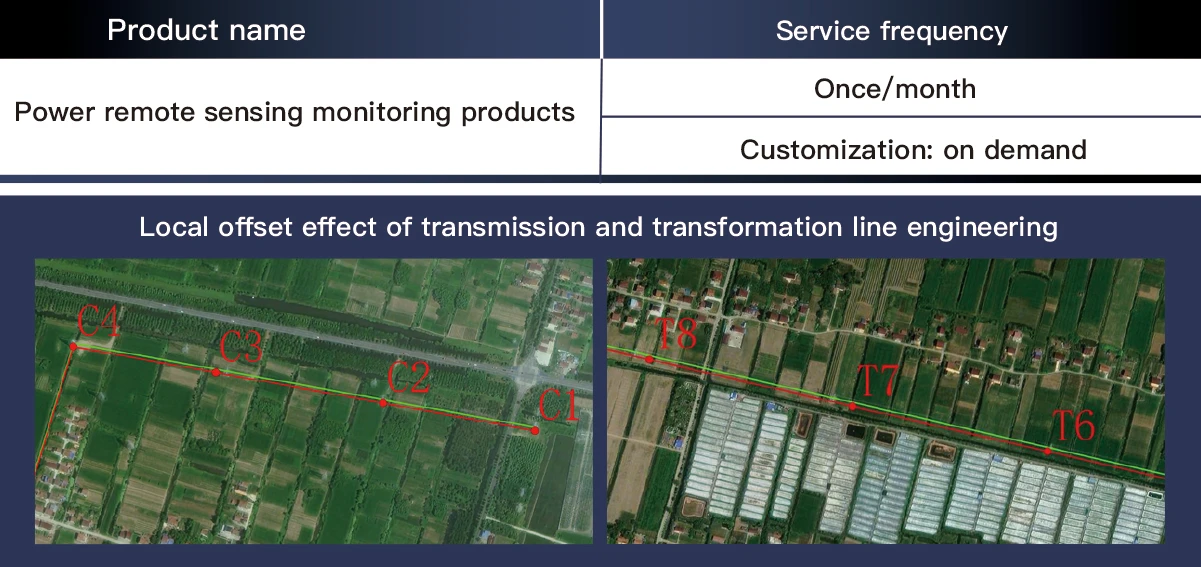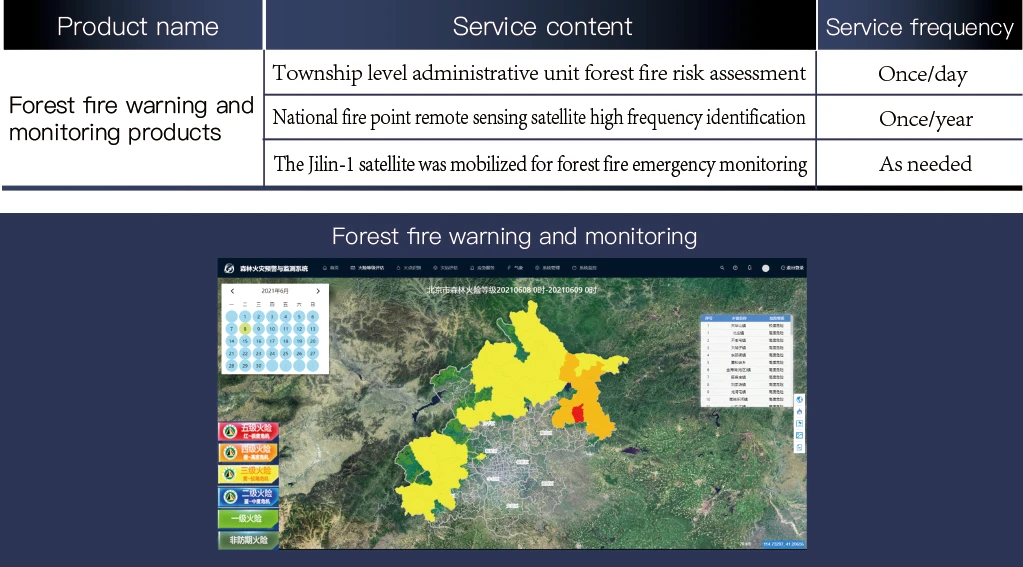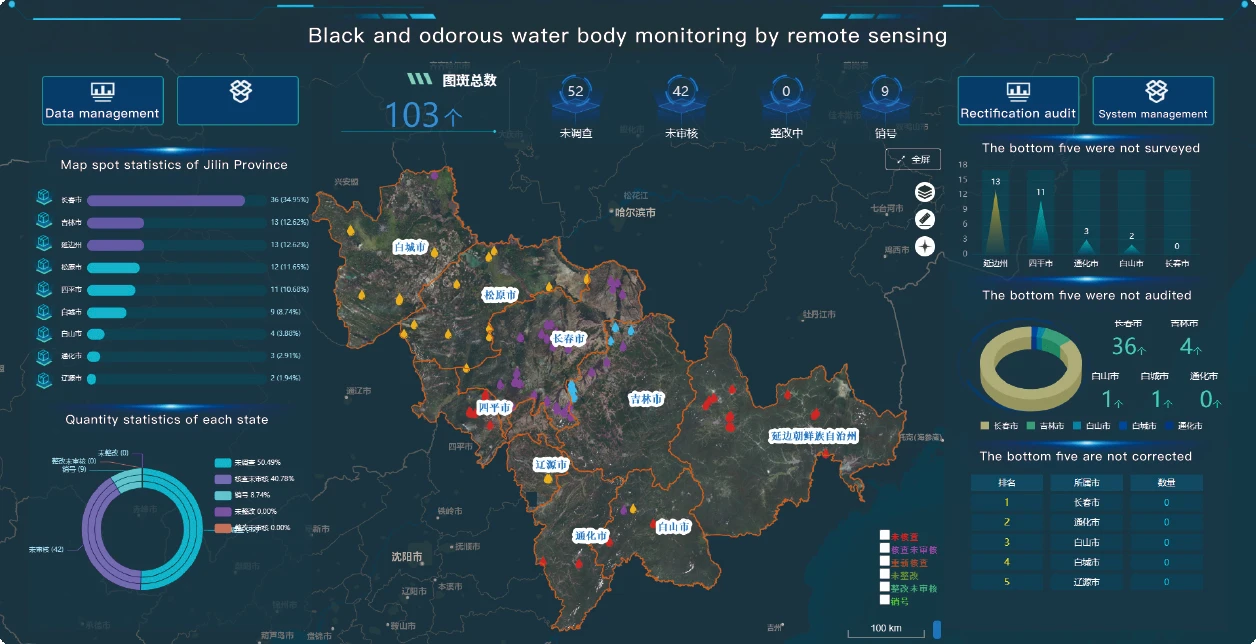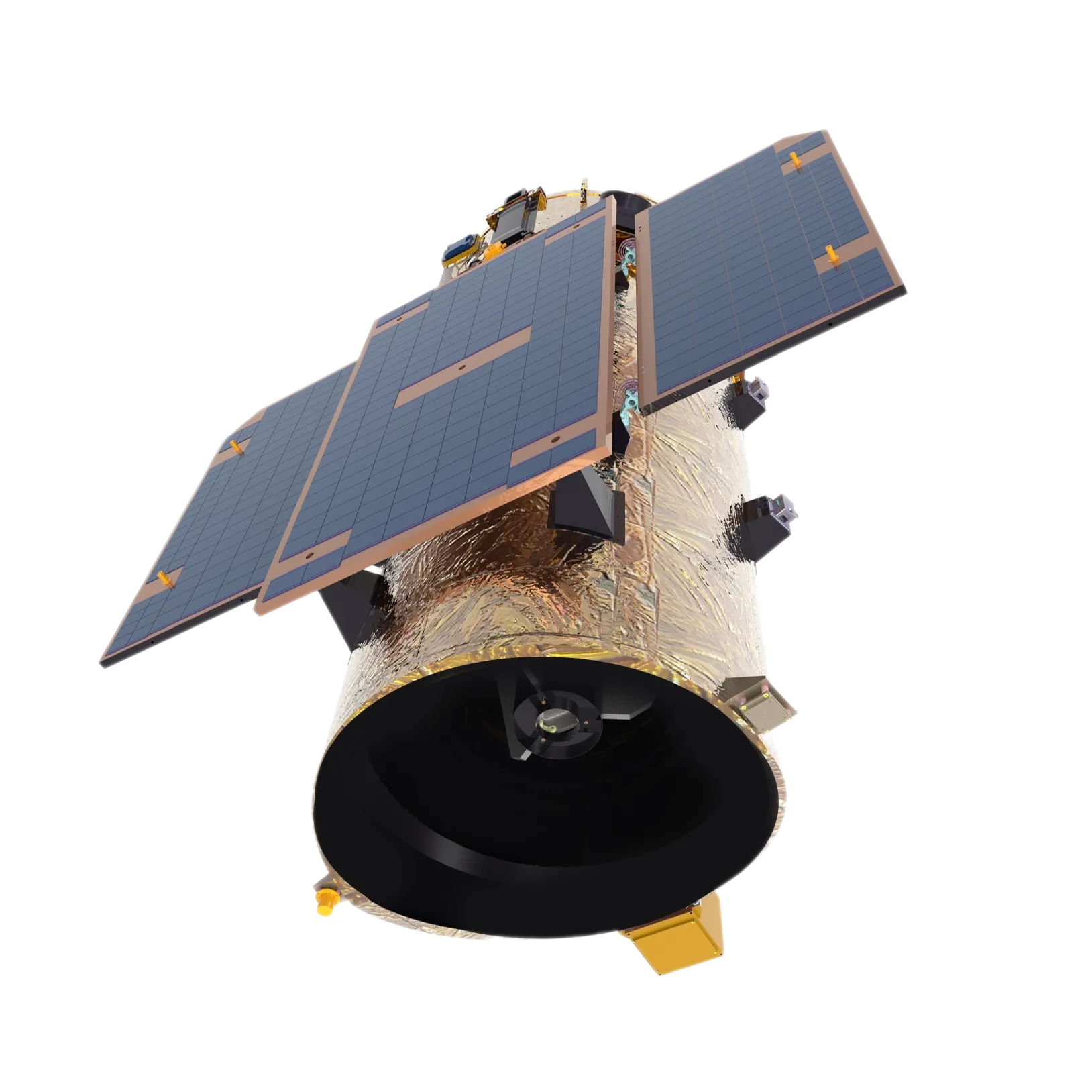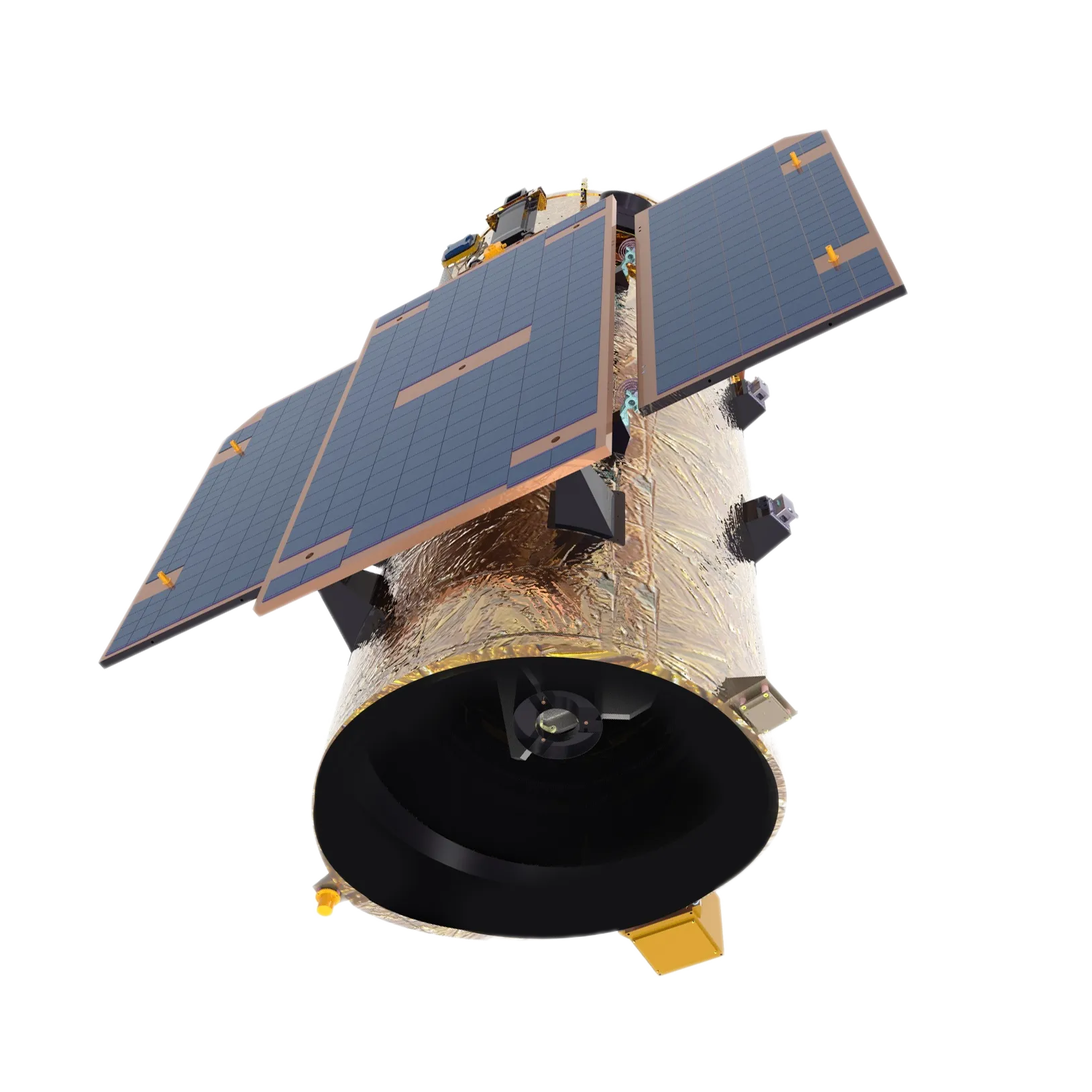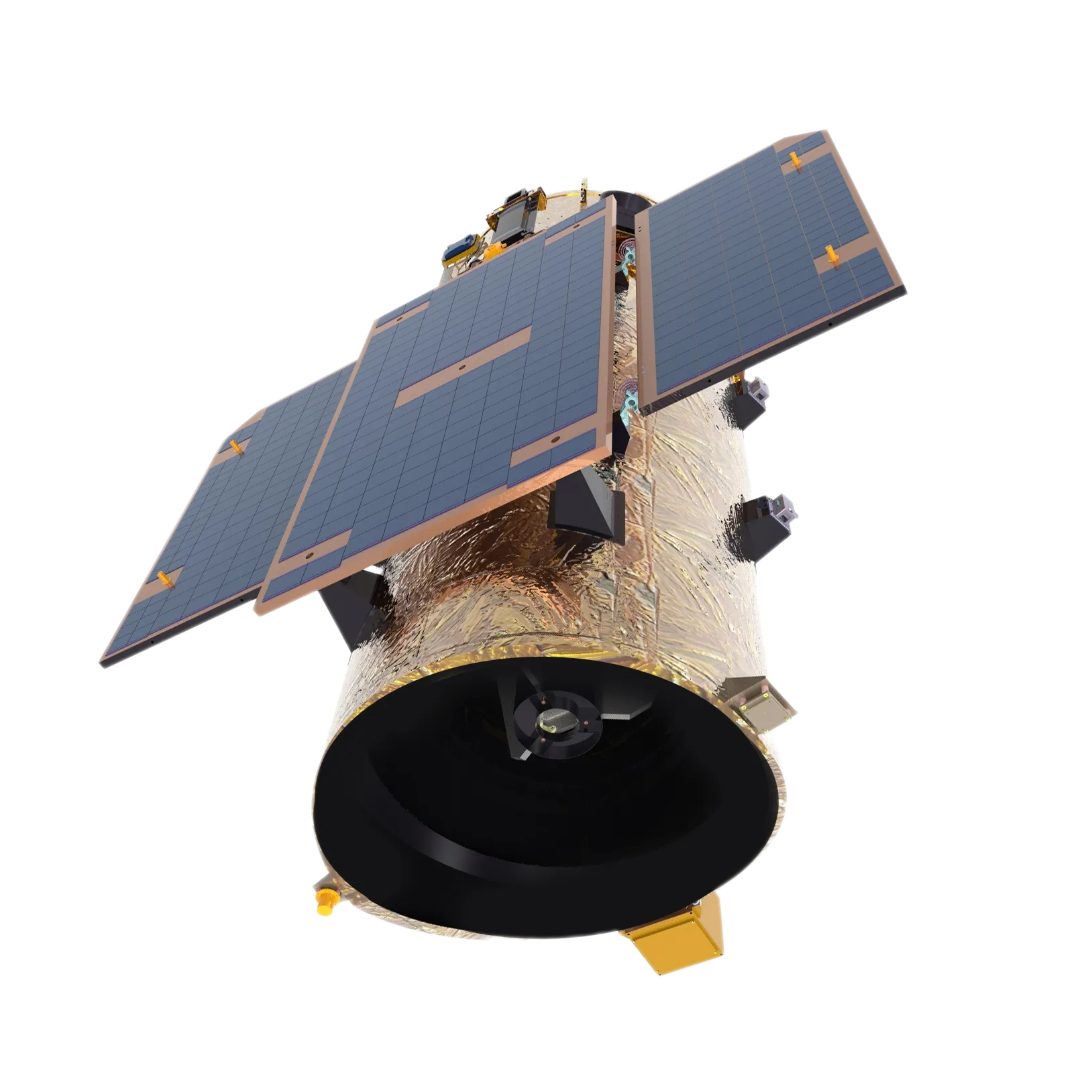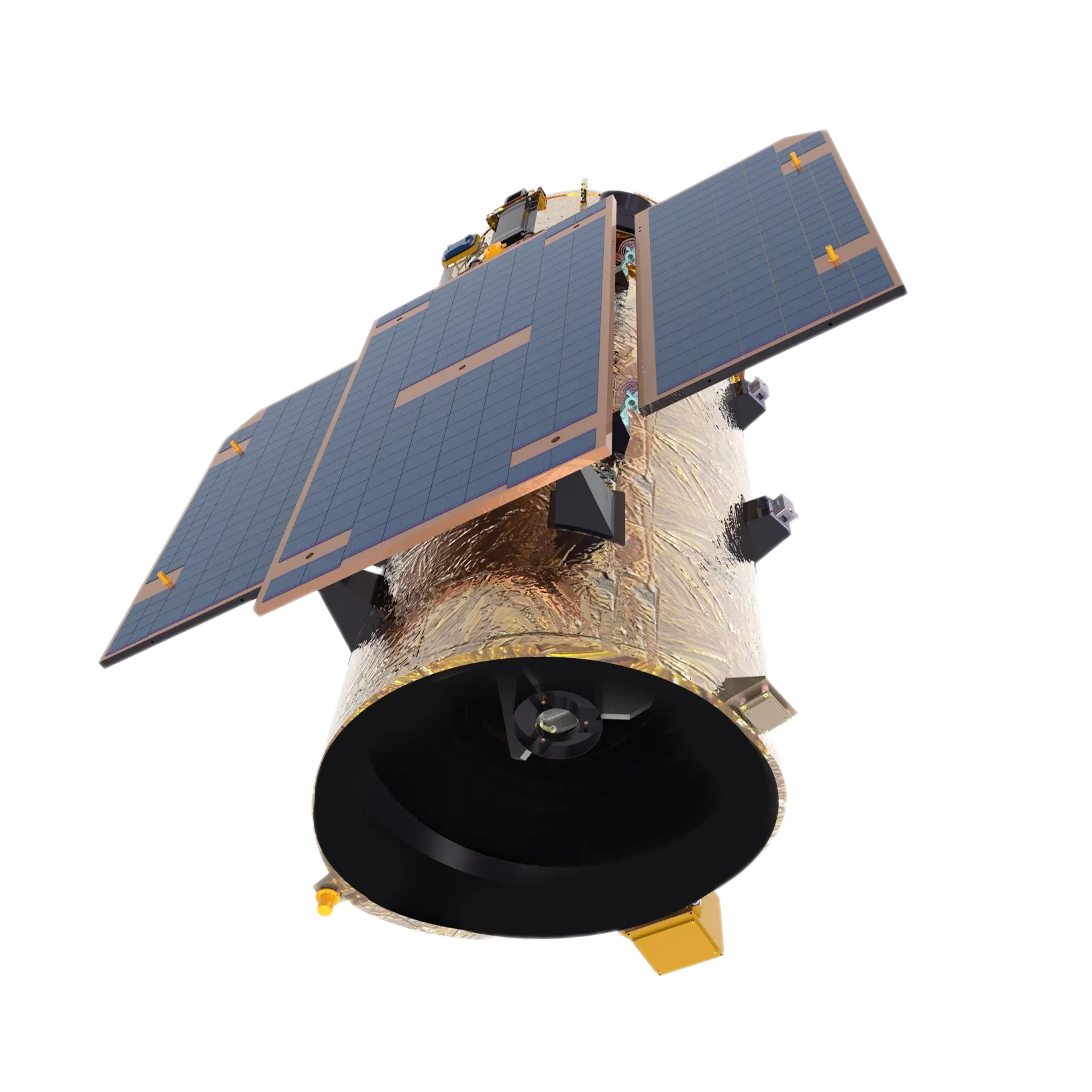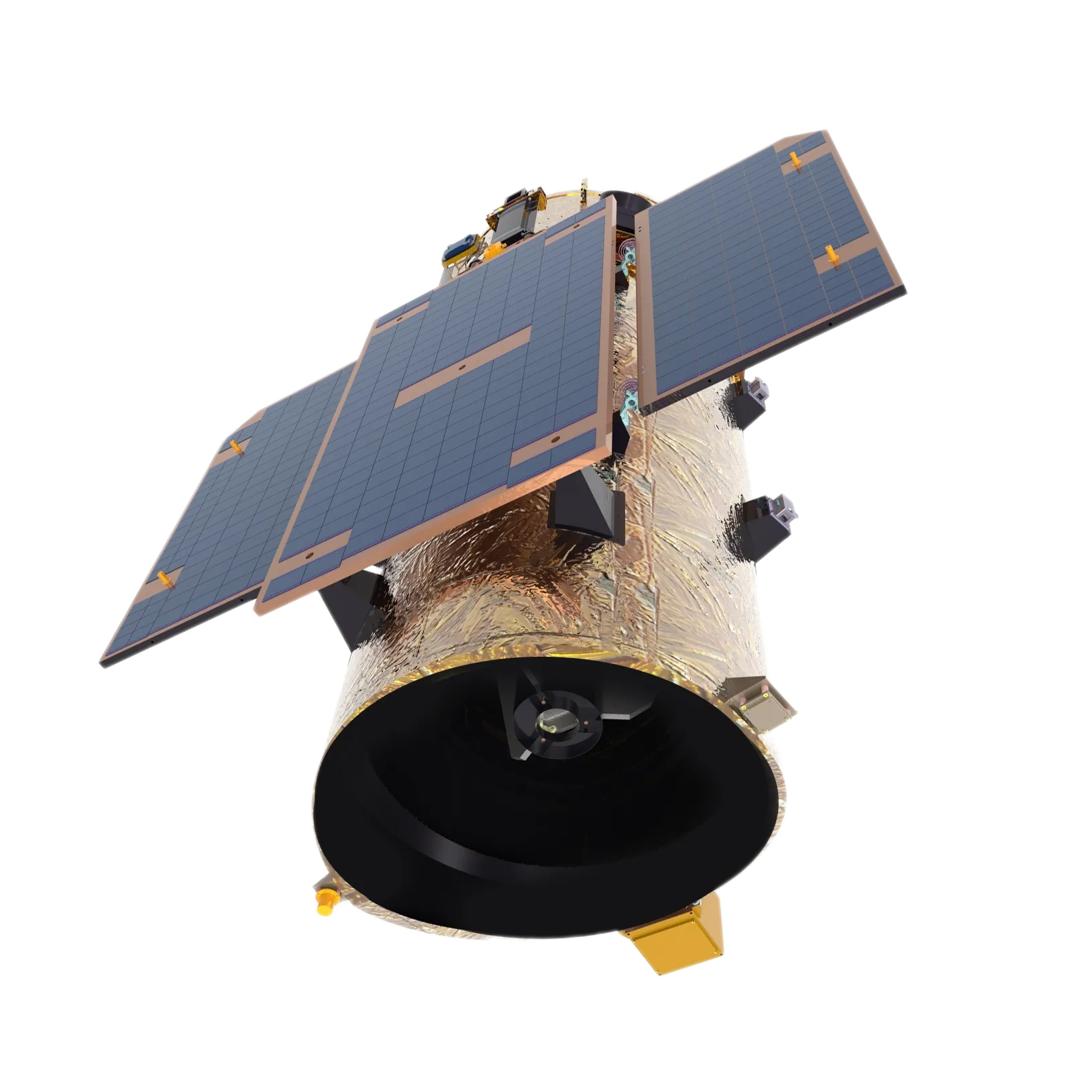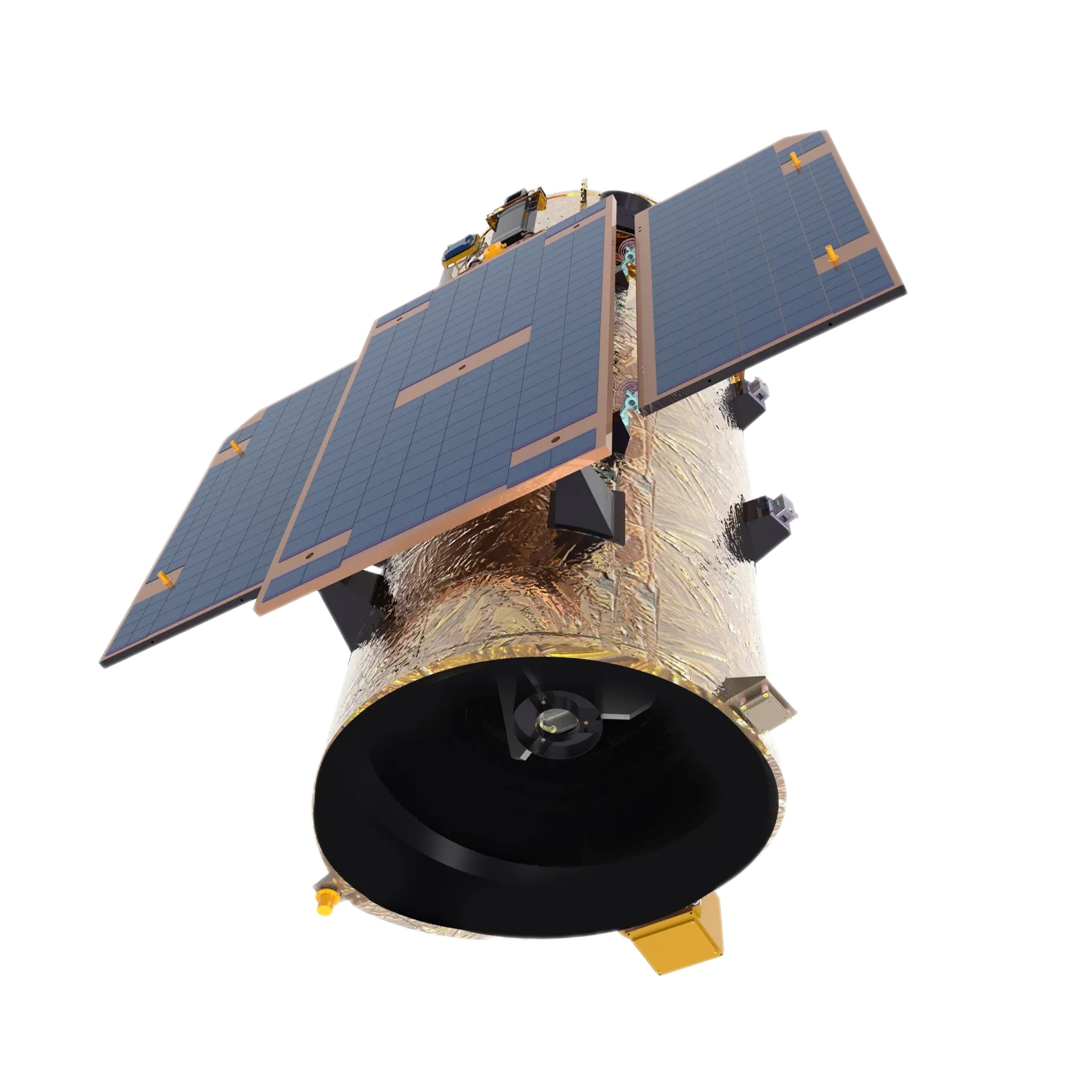
- африкалық
- албан
- амхар
- араб
- армян
- әзірбайжан
- баск
- белорус
- бенгал
- босниялық
- болгар
- каталон
- Себуано
- Қытай
- корсика
- хорват
- чех
- дат
- голланд
- Ағылшын
- эсперанто
- эстон
- фин
- француз
- фриз
- галисиан
- грузин
- неміс
- грек
- гуджарати
- Гаити креол
- Хауса
- гавай
- иврит
- Жоқ
- Миао
- венгр
- исланд
- игбо
- индонезиялық
- ирланд
- итальян
- жапон
- Яван
- Каннада
- қазақ
- кхмер
- Руанда
- корей
- күрд
- қырғыз
- Еңбек
- латын
- латыш
- литва
- Люксембург
- македон
- Малагаси
- малай
- малаялам
- мальталық
- маори
- Марати
- моңғол
- Мьянма
- Непал
- норвег
- норвег
- Окситан
- пушту
- парсы
- поляк
- португал
- Пенджаби
- румын
- орыс
- самоа
- Шотландтық гал
- серб
- Ағылшын
- Шона
- Синди
- Сингала
- словак
- словен
- Сомали
- испан
- сундан
- суахили
- швед
- Тагалог
- тәжік
- Тамил
- татар
- телугу
- тай
- түрік
- түрікмен
- украин
- урду
- ұйғыр
- өзбек
- вьетнамдық
- Уэльс
- Көмек
- идиш
- Йоруба
- Зулу
жаңалықтар
Understanding The Impact Of Multispectral Visible Imaging Cameras
The development of multispectral visible imaging cameras has significantly expanded the applications of imaging technology in various sectors. These cameras specialize in capturing data within the visible spectrum as well as adjacent spectral bands, providing detailed insights that go beyond conventional photography. By enabling precise detection of subtle variations in materials, vegetation, or surfaces, multispectral visible imaging cameras are widely used in fields like environmental monitoring, medical diagnostics, and quality control in manufacturing. Their ability to deliver high-resolution multispectral images makes them indispensable tools for researchers and professionals who require accurate, non-invasive analysis.
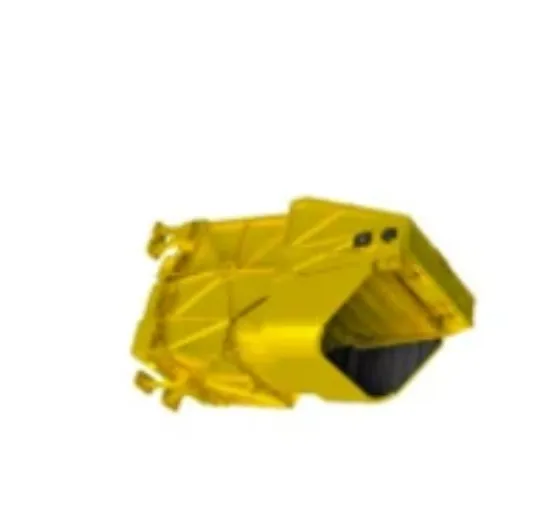
Benefits of Multispectral Visible Imaging Cameras in Agriculture
One of the most prominent uses of multispectral visible imaging cameras is in precision agriculture. These cameras can detect crop health indicators such as chlorophyll content and stress levels by capturing reflectance data across different visible and near-infrared wavelengths. This enables farmers to make informed decisions on irrigation, fertilization, and pest management, improving yields and reducing resource wastage. Compared to traditional imaging, the enhanced spectral data from these cameras allow for early detection of disease and nutrient deficiencies. Using a multispectral visible imaging camera therefore supports sustainable farming practices and helps maximize crop productivity.
How Multispectral Lens Technology Enhances Imaging Quality
The effectiveness of multispectral cameras is highly dependent on the quality of the multispectral lens used. These lenses are specifically engineered to transmit multiple wavelengths of light with minimal distortion or loss, ensuring that the sensor receives accurate spectral data. In multispectral visible imaging cameras, the lens must be able to handle the full visible range along with adjacent spectral bands, such as near-infrared, without compromising sharpness or color fidelity. Advanced coatings and materials are often used to enhance lens performance, making them crucial components in achieving reliable multispectral imaging results. Selecting the right multispectral lens is therefore a critical step in building an effective imaging system.
Expanding Capabilities with Multispectrum Infrared Combination Cameras
The integration of infrared imaging capabilities into multispectral systems leads to the creation of multispectrum infrared combination cameras. These advanced devices combine visible and infrared spectral bands to provide a more holistic view of the subject. For example, in environmental science, such cameras can monitor both surface characteristics and thermal properties of vegetation or water bodies. In industrial applications, they can detect defects invisible in visible light but apparent in the infrared spectrum. This dual functionality enhances data richness and allows users to perform more comprehensive analyses with a single device. As the technology matures, multispectrum infrared combination cameras are becoming a standard choice for multidisciplinary imaging needs.
In conclusion, multispectral visible imaging cameras play a vital role in expanding the horizons of imaging technology, especially when paired with high-quality multispectral lenses and combined infrared capabilities. The resulting data empowers various industries to gain deeper insights into their subjects, optimize processes, and innovate solutions. Whether for agriculture, environmental monitoring, or industrial inspection, investing in advanced multispectral cameras offers tangible benefits by capturing information that is otherwise hidden to the naked eye. Exploring these technologies equips users to stay at the forefront of imaging advancements and harness the full power of multispectral imaging.


